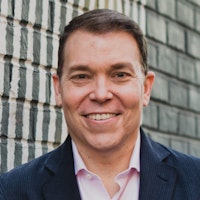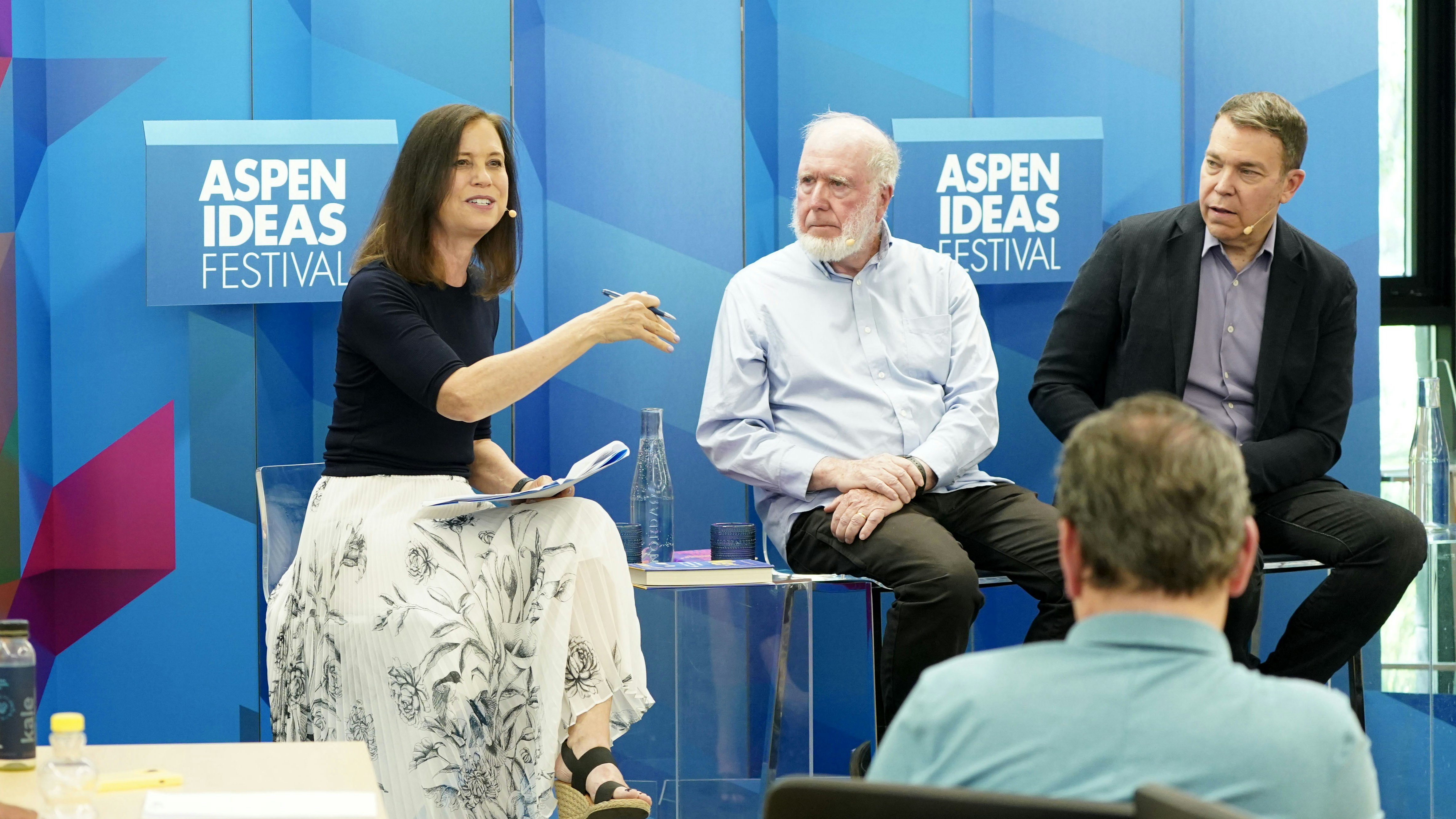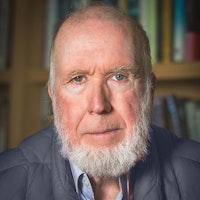

“We have linear expectations and nonlinear lives,” says Bruce Feiler, author of The Search: Finding Meaningful Work in a Post-Career World. Feiler believes there’s a series of work myths that no longer fit the times — and worse, they’re making us deeply unhappy. Learn how to bust out of these outdated rules to build a work life that is meaningful and tailored to you.
Why it's time to retire the career
The days of starting a job in your twenties and working that same job for 40 years are over. Bruce Feiler believes that the myth of the linear career is hurting our ability to build fulfilling working lives.
"You don’t have a career," he emphasizes. "You have a series of ways that you work that suit who you are at the time." And these are likely to change many times over the course of our lives — most of us experience what Feiler calls a "workquake" every 2.8 years, where some disruption or pressure jolts us into reimagining what we do.
Watch Feiler explain the four major changes in the history of work that led to the metaphor of the career ladder, and why embracing nonlinearity will make our lives inside and outside of work much happier:
Don't follow your passion
“The worst piece of career advice that has become gospel right now is 'follow your passion' because it describes almost nobody who is happy,” says Feiler. Your passions will — and should — evolve over time. According to Feiler's research, the happiest people discover, create, and change their passion along the way.
Watch Feiler challenge the most popular piece of career advice and discuss his own experience having to make a major pivot well into his career:
The jobs you didn't know you have
Think you just work one job? Think again. According to Feiler, most of us actually have five jobs: the main job that pays the bills; a care job, such as raising children or looking after aging relatives; a side job, often to supplement income; and then two more that are less obvious. These two arose out of Feiler's interviews with hundreds of working Americans across the country. He suggests that most of us are also juggling a ghost job — a hidden burden like battling discrimination, mental health challenges, or sobriety — and a hope job, one we hope leads to something else, like writing a novel after hours or making jewelry for the local farmers market.
That's a lot of jobs, and it can feel overwhelming. But the upside, says Feiler, is to look at the mix and see where we can create the meaning we want. Perhaps one job is for benefits and salary, but another is where you give back to your community or seek self-expression.
Watch Feiler explain his five job theory and why he believes more people today are searching for work with meaning:
Write your own story of success
The linear story that we've been sold — the corporate ladder, the career path, the resume — is a limiting one. In the wake of the pandemic, in this pivotal time for employers and employees alike, each of us is rewriting the story of how we work.
The people who are happiest at work don’t climb, says Feiler. "They dig.” They do what he calls a “meaning audit,” asking deeply reflective questions and challenging the assumptions of work they inherited from family or role models. “You have a story of work that has been shaped by your upbringing,” Feiler says, but “only you can tell the story of your own work life.”
Watch Feiler give examples of the sorts of questions to ask yourself when you need to dig:
Watch the Full Session
By Maya Kobe-Rundio, Associate Digital Editor, Aspen Ideas








